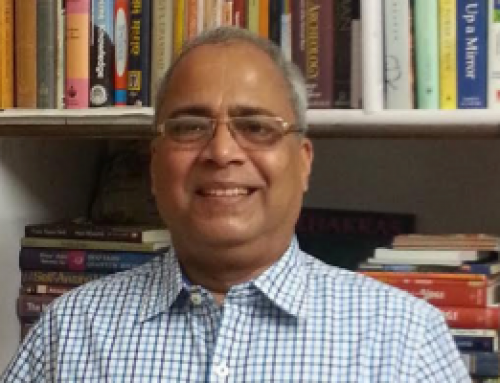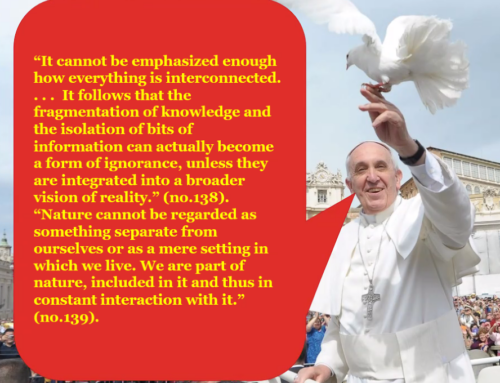The 6th-century sage Pythagoras was said to be the first to use the term ‘Philosophy’. After some 35 years of devoted spiritual education as a high priest in the most revered esoteric schools of Egypt and Babylon, and possibly, India, he returned to Greece to assume the role of a spiritual teacher and reformer. He instituted a new path, whose goal was to combine the older esoteric, transcendental teachings of Orphic theology with the rising scientific movement of the Pre-socratics spreading across the wider Hellenic world as the birth of science. Combining the devotional and ethical aspects of Orphism with the wisdom or sophia of scientific reasoning and knowledge of nature, Pythagoras established a pioneering path. A path which combines science and spirituality for the purpose of awakening consciousness and realizing the true nature of our being as oneness and happiness: the path of Philo~ Sophia.
Although for many centuries now, ‘philosophy’ has been understood and practised as a rational, argumentative, armchair vocation, involving mainly discursive reasoning, in this talk Athena will explore how Hellenic Philosophy is essentially a spiritual tradition: an intimate, self-transformative, experiential path of self-enquiry, which combines the education of both heart and mind with the purpose of awakening to one’s true Self. She will discuss some of the psychological and spiritual tools employed by ancient philosophers, as well as their non-dual teachings. Finally, Athena will discuss the relevance of Hellenic Philosophy for our times in our contemporary quest for Knowing Ourselves.
Dr Athena Potari is Fellow at the Center for Hellenic Studies at Harvard University. She holds a PhD in Political Philosophy from Oxford University and an MA in Political Theory with distinction from LSE. In 2020 she was the youngest female scholar to receive the prestigious Academy of Athens Award of Philosophy. She is the founder of Atheonoa – a school of philosophy based in Athens, where philosophy is taught as a wisdom tradition combining discursive rigour and textual study with self-enquiry, embodied spiritual, meditation and mindfulness practices. She is author of A Call for a Renaissance of the Spirit in the Humanities published by the Galileo Commission.

